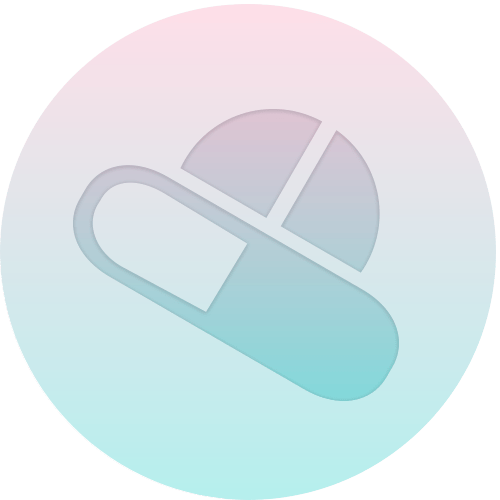What you need to know before you get your flu vaccine

With the temperature cooling down this past week, it’s made me realise that our summer days are truly behind us and the cold and flu season is around the corner. This year the flu vaccination programme started last Wednesday for people aged 65 years or over. I have personally vaccinated a number of you already. Just in case you don’t know, this year we have set up an online vaccination booking page on our website (click here) where you can book to have your flu vaccination done at a time that suits you without the need to wait in line. But of course, if you happen to be around the area and wanted your flu shot, you can always come to the pharmacy without an appointment.
Last year we had a record number of people getting their flu shot – it’s probably one of the few good things to happen as a direct effect of the COVID-19 pandemic. This year is more important than ever to get one. People, in general, are more receptive to the flu vaccine and understand the benefit of getting vaccinated. Together with social distancing and personal hygiene, it’s made a tremendous difference in controlling and keeping the flu season in check. I would say, last year was the best year I’ve seen in my career where I only came across a handful of cold and flu cases.
Within the next few weeks, many more of you will be getting vaccinated and the vaccination programme is open to everyone under 65 years of age at the beginning of May. This week I thought I would cover what you need to know before you get your flu shot. Hence, I have compiled a list of questions that might be on your mind already and I’ll answer them so that you’ll have a better understanding of what you have signed up for.
What is in the flu shot?
The 2021 flu vaccine you’ll be receiving contains the following four influenza strains, the first two are new to the 2021 vaccine:
- A/Victoria/2570/2019 (H1N1)pdm09-like virus
- A/Hong Kong/2671/2019 (H3N2)-like virus
- B/Washington/02/2019-like virus
- B/Phuket/3073/2013-like virus
How does the flu vaccine work?
The flu vaccine works by introducing your body to parts of different inactive flu viruses. The aim of this is to awaken your immune system to figure out a way to destroy these foreign virus fragments that shouldn’t be in your body. Along the process, your immune system will produce antibodies for it to learn and remember how to destroy the virus if it crosses your path in the future.
Can the flu shot give you the flu?
The answer is no! It is just a myth. The flu vaccine does not contain the actual live strains of the virus but rather the deactivated form of the virus. Meaning that it cannot give you the flu. However, you can experience flu-like symptoms similar to the flu but in a milder intensity – which isn’t entirely a bad thing because it just tells you that your immune system is functioning well.
What can I expect after the flu shot?
Although most people will not experience any side effects from a flu shot. It is not uncommon to feel a little run down after receiving a flu vaccine. Most people may feel pain, swelling, or redness around the injection site. It usually settles within a few days. You could alleviate the pain by placing a cold, wet cloth or an ice pack where the injection was given. Leave it on for a short time. However, do not rub the injection site.
It is also quite common to feel slightly feverish, have headaches or some muscle aches for the first couple of days after receiving the flu vaccine. Make sure you dress lightly, keep the room cool and drink plenty of fluids. Tell your doctor if the fever persists.
Can I still get sick after getting the flu shot?
Yes, it is possible to still get the flu even if you have been vaccinated. This is because:
- Your immunity might take some time to return to full capacity after the vaccine. This is because it usually takes 2 weeks for your body to develop the necessary antibodies to protect against the influenza virus.
- You may be exposed to a flu virus shortly before and after getting vaccinated.
- You may be exposed to a flu virus that is circulating but is not included in the flu vaccine.
Why is a flu shot needed every year?
Yearly flu vaccination I required for two reasons:
- Protection from the previous vaccination lessens over time – as our antibody levels may decline over time.
- The circulating strain of flu viruses may vary each year due to the changing virus pattern.
When will the flu, season begin and when will it peak?
Flu season in New Zealand typically occurs between April and October and peaks between July and August.
If you are indecisive about getting a flu shot, please do not hesitate to contact me or my team. I strongly suggest that my patients get vaccinated because it is our best protection against the flu. Also, who wouldn’t want to do their part to stop the spread of influenza around our community right?
You can get vaccinated at your GP practice or you could also get vaccinated at a pharmacy with an accredited pharmacist vaccinator just like myself. Please contact your GP or your local pharmacist if you are planning to get vaccinated.
To getting your flu shot and doing your part to keep the cold and flu season in check,



















